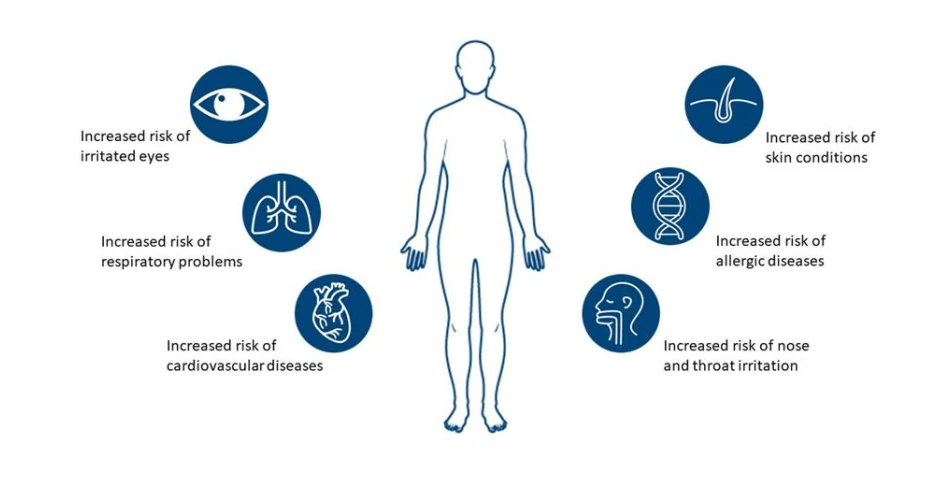Increasing numbers of allergy sufferers and respiratory diseases, as well as the constant rise in air pollution has seen activated carbon cabin filters take on new importance in recent years. However, as parts specialist MEYLE points out, not all of these filters provide the same level of protection, making knowledge and an informed choice vital.
Garages need to be clear on the difference between a normal particle cabin filter and an activated carbon filter. A particle filter is designed to capture particles such as pollen, road dust, wear-off from brakes, tyres or clutch, and soot or dust. An activated carbon filter, on the other hand, not only filters particles as small as one micrometre, but also binds gases such as ozone, nitrogen dioxide and sulphur dioxide. This is due to the broad surface of the activated carbon, which ensures that the gas molecules are captured.
Especially for allergy patients, activated carbon filters are a smart choice since they trap a significant number of particles, preventing them from entering the cabin and causing watery eyes or itchy sinuses and mucous membranes, which can pose a safety risk.
The performance of the activated filter is very much dependent on the origin of the carbon used. While stone coal, lignite and charcoal have relatively narrow-meshed surface structures, coconut fibre tends to be on the broader side. A major advantage of this is that a greater amount of iodine in the carbon, meaning more organic compounds are adsorbed, resulting in the filter being able to work more efficiently.
Added to this, the use of high-quality materials, such as elastic fleece, and adhesives helps to reduce pressure loss and allows a sufficient amount of filtered air to enter the cabin.
In addition to particle filters and regular activated carbon filters, there are now filters with an additional layer of specially impregnated activated carbon that not only filters pollen, particles and gases, but also nitrogen oxides (NOx). What is special about this is that the NOx is not only filtered but also chemically bound as a salt, which won’t be released even during disposal.
A closer look at nitrogen oxides reveals that they are not only harmful to the environment, contributing to smog in major cities, but can also affect the health of vehicle passengers as can be seen in the graphic.
Cabin filter development continues to move forward, with HEPA filters which capture the smallest particles down to 0.1 micrometres, and viruses being the latest development. MEYLE is at the forefront of these advances and offers its customers a comprehensive range of filters which provide excellent protection, whatever the needs of the driver.
MEYLE filters are available from stockists nationwide.
 The health hazards of poor cabin filtration
The health hazards of poor cabin filtration